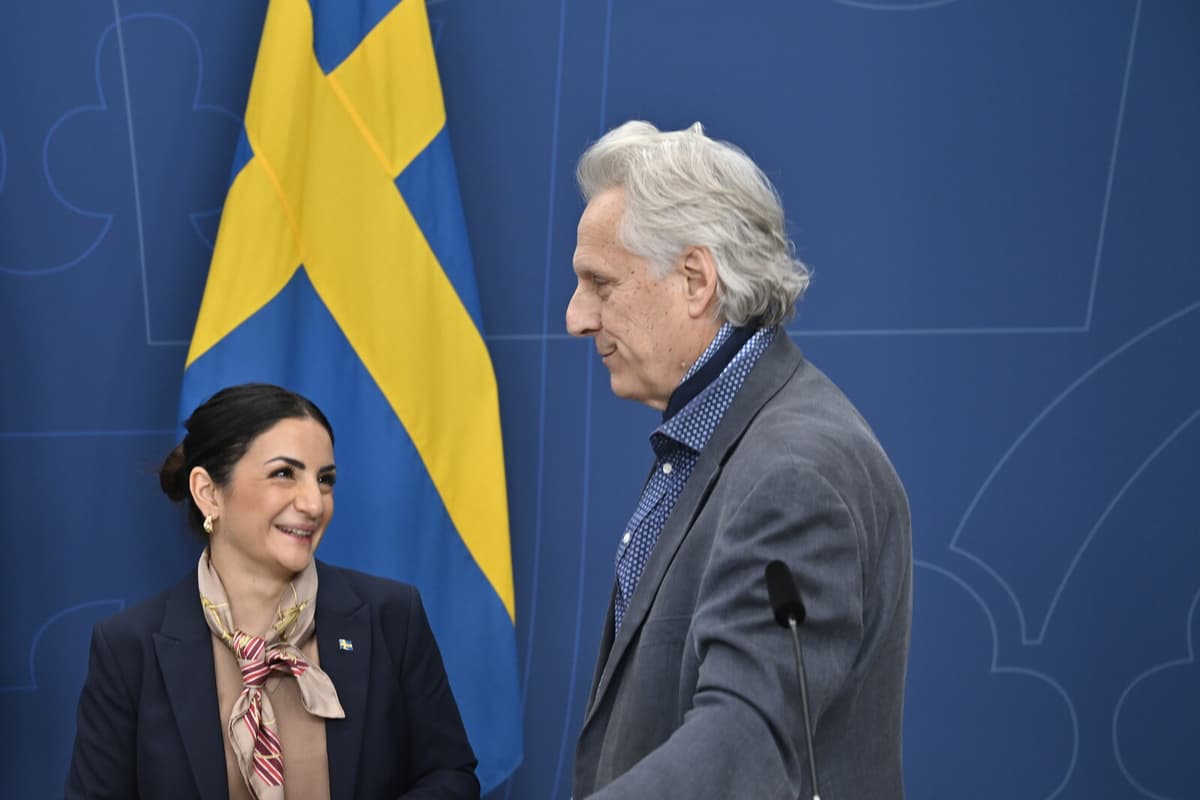What is a cultural canon?
The word canon means approximately "recognized collection of texts" and the word has its origin in religion. Today, the word cultural canon is most often used in the meaning "works that are significant and characteristic of the culture of a country".
Who is behind the decision to create a Swedish canon?
The Tidö parties made the decision in 2022. The cost of creating the list is estimated to be around eight million kronor.
Why is a cultural canon needed?
The purpose is to make Swedish culture "accessible to more people". The canon is to be "a living and useful tool for education, community and inclusion", according to the government's directive to the committee for a Swedish cultural canon.
How was the list of works created?
A committee led by historian Lars Trägårdh has been assisted by two expert groups. All in all, the canon is expected to contain 100 works within the arts such as literature, form, music, film and performing arts, as well as society with a focus on religion, law and justice, economy and history that have left "a lasting mark on Swedish society".
What limitations are there in the selection?
Only works that are at least 50 years old can be considered. Every tenth year, the list can be revised.
Are there predecessors in other countries?
Yes, Denmark's cultural canon was completed in 2006 under lively debate. In Danish schools, it lives on in the form of a must-read list of authors that students should read. It is now being revised and a new proposal will be presented by September 30 at the latest.
Even, for example, the Netherlands has a cultural canon, broader and somewhat less "traditional" than Denmark's. It was revised in 2020, among other things after debate about the country's relationship to colonialism, slavery and migration.
Are there critics?
Yes, that the state compiles a list of important cultural works has, among other things, been dismissed by the Swedish Academy. The Social Democrats have also strongly criticized the Tidö parties for neglecting minority perspectives.






